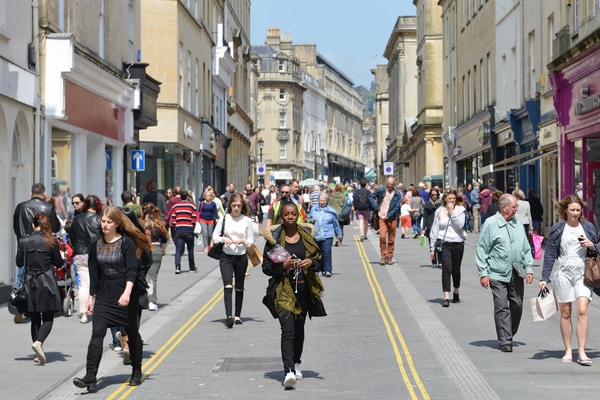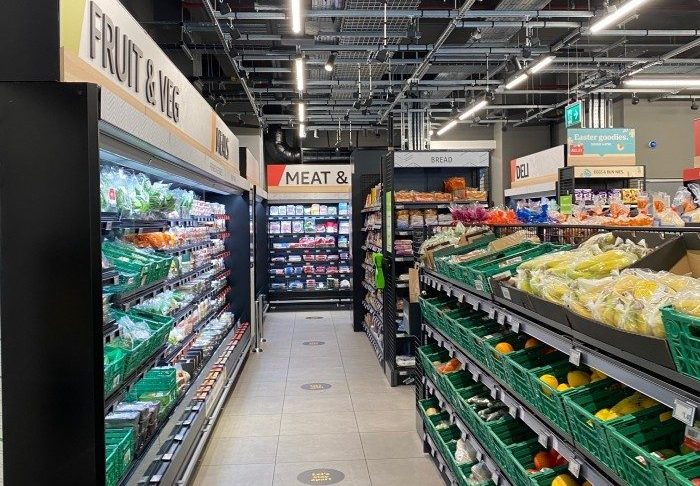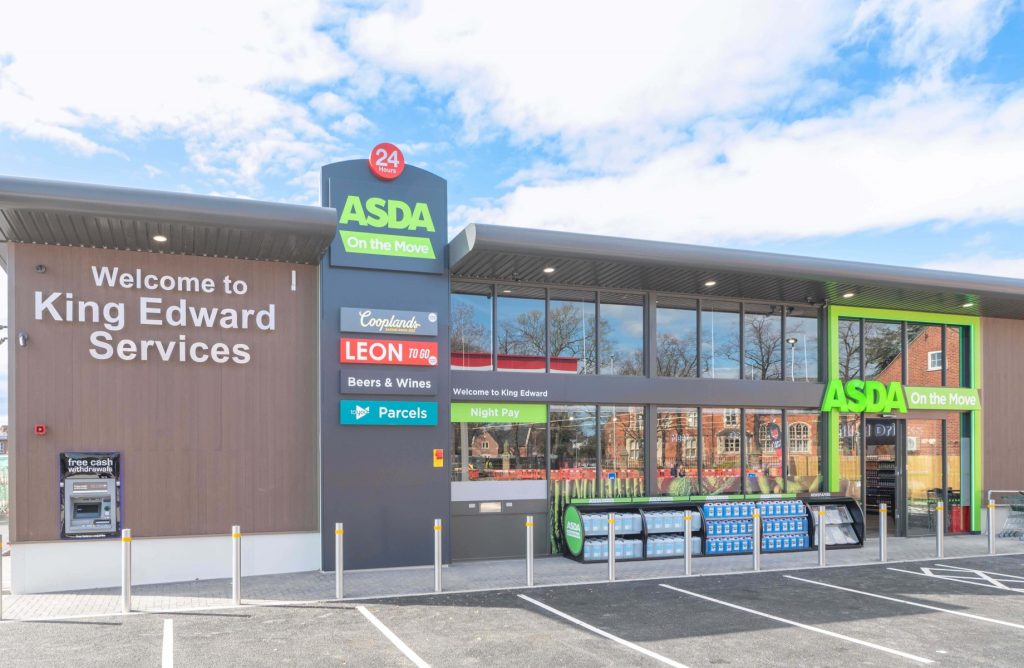How to re-engage with our town centres is a long-standing debate, especially since the former coalition government commissioned retail consultant and broadcaster Mary Portas to review the state of the British high street in 2011.
One of Portas’ key recommendations was to give communities a much greater say in how town centres are run. It is precisely this theme that has underscored my recent research at York Place Shopping Centre in Newcastle-under-Lyme.
An area once famous for its huge coal and pottery industries, the town – like its neighbour Stoke-on-Trent – has been particularly hard-hit by industrial decline over the last 30 years. As well as experiencing falling consumer demand, a significant portion of its retail base has also moved to out-of-town parks where shoppers can enjoy the benefits of free parking and greater accessibility.
Reinvention: providing that “certain something”
Battling against these headwinds, York Place has set about trying to reinvent itself as a community destination. I recently began a research project looking at what the centre was doing.
“The key challenge for all our town centres is deciding exactly what “certain something” they can add to attract people”
It’s a tough challenge for the centre, not least because like many other towns, Newcastle-under-Lyme doesn’t have enough people working, living or studying in its town centre to make it self-sufficient.
The key challenge for all our town centres is deciding exactly what “certain something” they can add to attract people. If you look at other areas across the North West, you can see it in the success of the market town of Altrincham – now home to its hugely popular food markets which were redeveloped a few years ago.
In Newcastle-under-Lyme, the managers of the shopping centre are trying a different approach by providing a distinctive offering that combines attracting independent retail with new-style community anchor tenants.
How exactly do you give a town centre more of a community focus while delivering a project that is financially viable?
Numerous local authorities have taken this question into their own hands in recent years, buying up retail and office buildings with a view to redeveloping them.
However, in an era of continued austerity, such an approach is not without risk, especially when, if having bought a building, a local authority then finds it doesn’t have the financial resources and expertise to deliver a scheme to reuse buildings.
Also, while buying a building is one thing, knowing what to do with it once purchased can be quite another. This is no longer simply about shopping centre management either – these times we are living in call for a new way of looking at town centre redevelopment and calls for entirely different skill sets and networks.
“Put simply, it is about thinking of these centres as part of the social infrastructure”
With many cash-strapped councils unable to progress change due to a prolonged period of austerity, many residents have started taking things into their own hands to make things happen, forming community groups to come up with innovative ideas for their town centres.
Thinking about the shopping centre as part of the social infrastructure
Part of the challenge is that every place is different, but there are some key principles that can guide regeneration. These include getting buy-in from property owners or regaining local control where owners are dispersed and disinterested, or providing more residential options in town centres to get people living and using urban spaces.
They also include creating work spaces of different kinds for all kinds of organisations and people to both re-use space and to increase footfall, building alliances of local interests, and supporting community-led initiatives, social enterprises and small businesses.
Put simply, it is about thinking of these centres as part of the social infrastructure, and thinking about the importance of sustaining them through new uses that contribute to a financially viable and socially relevant model for town centres.
Julie Froud is a professor of Financial Innovation at Alliance Manchester Business School
Click here to sign up to Retail Gazette‘s free daily email newsletter


















